Mobility
Portable generators can be moved and stored, whereas standby systems stay fixed in place.
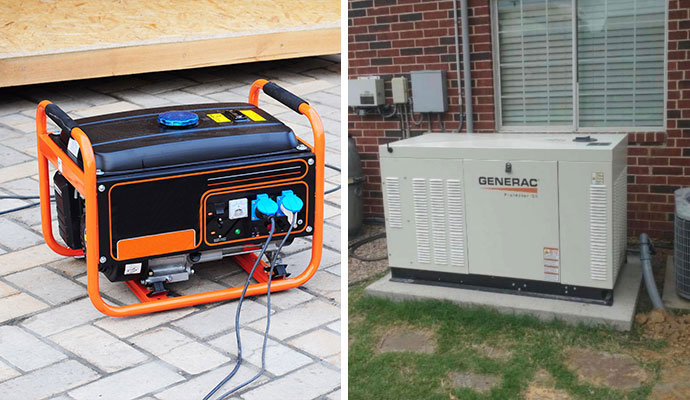
Power outages are happening more often due to storms and unstable electric grids. Many homeowners now look for reliable backup power solutions. Choosing the right generator helps maintain comfort, security, and daily activities during electricity interruptions.
Portable generators offer flexibility and lower upfront cost, but require setup and fuel managing. Standby generators run automatically, deliver higher power, and connect directly to your home. Understanding the differences makes it easier to select a system that matches your needs and budget, and long-term reliability goals. Contact us today to schedule a consultation and find the best generator solution for your home.
817-646-1999When choosing a home generator, knowing how each option works is key. Portable and standby generators serve the same purpose but operate in very different ways. Here’s a clear breakdown that highlights how portable and standby generators differ in everyday use:
Portable generators can be moved and stored, whereas standby systems stay fixed in place.
Standby generators turn on automatically, but portable units need manual setup.
Standby models manage whole-home loads, and portable units power limited items.
Standby generators use gas or propane lines, but portable units need refueling.
Standby systems run hands-free, and portable generators require monitoring.
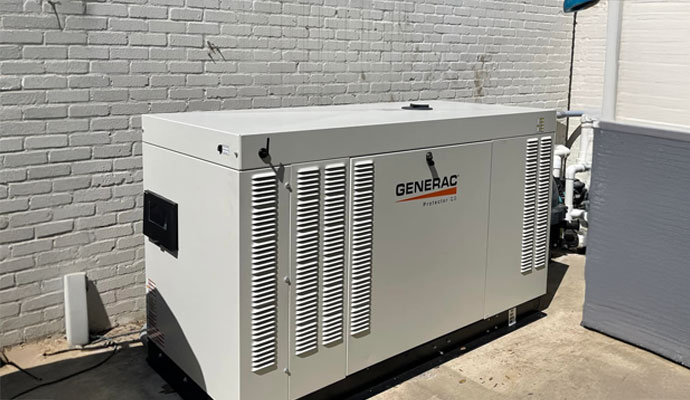
Generators work in different ways depending on the type you choose. Knowing how each system operates helps you plan for outages with fewer surprises. The points below explain how portable and standby generators function in real situations:
Choosing the right generator means understanding both benefits and limitations. Being aware of how each generator works helps you meet your home’s needs, prevent problems, and invest wisely for backup power during outages.
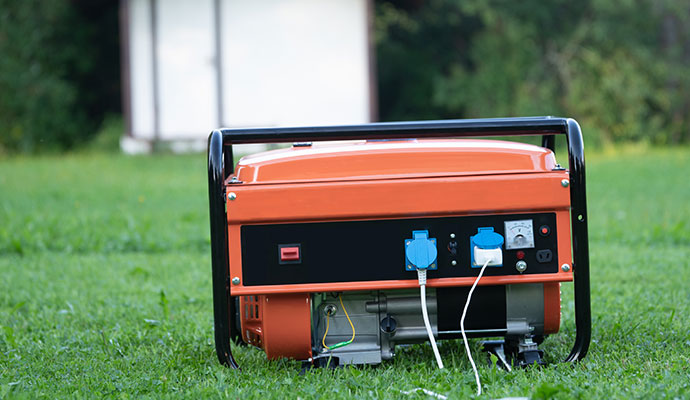

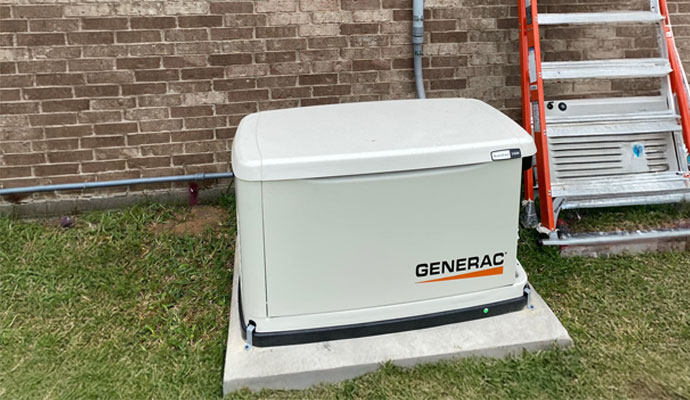
Portable generators should always be kept outdoors, far from windows, doors, and vents. This prevents dangerous carbon monoxide from entering your home. Proper placement on a level surface is also essential to guarantee stability while running.
Standby generators must be installed by a professional. Placement on a stable pad with enough clearance is important and must follow local safety rules. For both types, using a transfer switch and following electrical codes makes sure safe operation and protects your home and family.
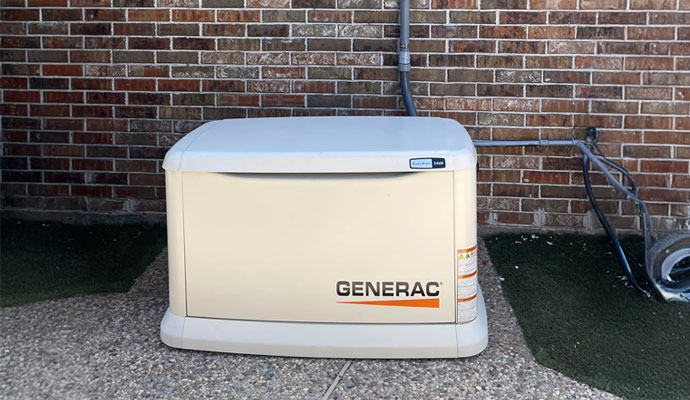
If you’re on a budget and need a flexible option, a portable generator is a good choice. It works well for temporary or outdoor use and can power essential devices or a few circuits when the electricity goes out. Portable units give you control and can be moved where you need them most.
A standby generator is ideal if you want automatic, worry-free power. It can run your entire home, including critical systems, and provides long-term coverage. Once installed, it starts on its own whenever the grid fails, giving convenience and consistent protection.
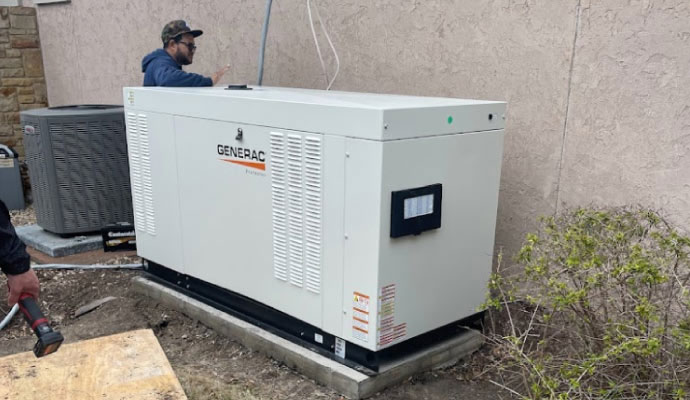
North Texas Generators provides complete generator solutions in DFW, helping homeowners choose, install, and maintain backup power systems. Our team manages every step so your generator works smoothly. Our services include:
Keep your home running smoothly no matter the weather. North Texas Generators makes it easy to get backup power. Schedule a consultation, maintenance check, or installation today by phone or online and keep your home and electronics protected during any outage. Our experts provide guidance designed for your needs so you can have confidence in uninterrupted power when it matters most.